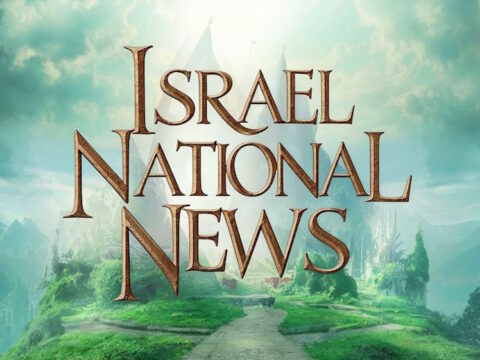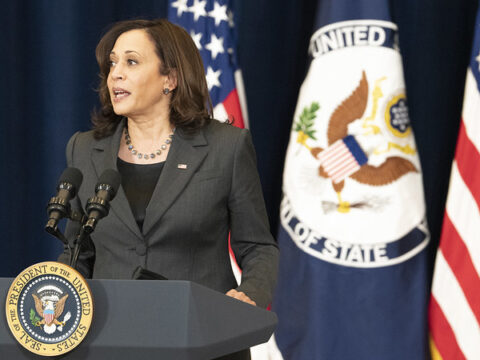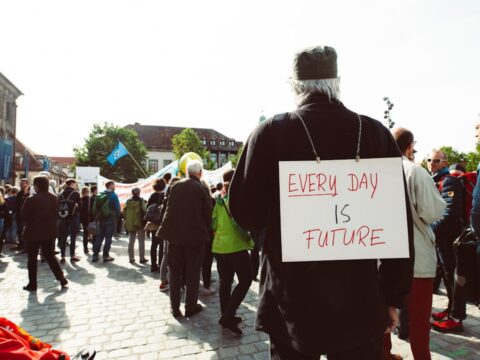
The conflict between Israel and Iran has escalated dramatically over the past four days, resulting in significant civilian casualties and widespread destruction across both nations. Israeli airstrikes, which began with a surprise attack on Friday targeting Iran’s nuclear and military infrastructure, have left over 224 people dead in Iran, with Iranian health officials stating that approximately 90% of the victims are civilians. The strikes reportedly killed several nuclear scientists and high-ranking members of Iran’s Islamic Revolutionary Guard Corps (IRGC), including its chief, Hossein Salami.
In retaliation, Iran has launched a series of ballistic missile barrages against Israeli cities, including Tel Aviv, Jerusalem, and Haifa. The Israeli government has confirmed at least 20 fatalities, including children, with more than 300 injured since the conflict began. The most recent Iranian strikes overnight resulted in eight deaths, five in central Israel and three in Haifa. Israeli emergency services have been working around the clock, searching through rubble and providing medical assistance to the wounded.
The Israeli Defense Forces (IDF) announced on Monday morning that they had intercepted additional missile launches from Iran and were continuing air operations to neutralize ongoing threats. “Currently, the Israeli Air Force is engaged in intercepting and striking as necessary to neutralize the threat,” an IDF spokesperson stated. Live footage captured missiles streaking over Tel Aviv, with explosions reported in both Tel Aviv and Jerusalem.
Israeli Military Strategy and Official Statements
Israel’s military campaign, dubbed “Operation Rising Lion,” is described by Prime Minister Benjamin Netanyahu as a “deliberate military action aimed at mitigating the Iranian threat to Israel’s very existence.” Netanyahu emphasized that the operation would persist “for as long as necessary to eliminate the spread” of Iran’s nuclear capabilities. He warned that Iran had made unprecedented advances in weaponizing enriched uranium, claiming that, if left unchecked, Iran could produce a nuclear weapon within months or even weeks.
Speaking to ABC News, Netanyahu did not rule out targeting Iran’s Supreme Leader, Ayatollah Ali Khamenei, arguing that such a move would “end, not escalate, the ongoing fight.” He asserted, “The ‘forever war’ is what Iran wants, and they’re bringing us to the brink of nuclear war. In fact, what Israel is doing is preventing this, bringing an end to this aggression, and we can only do so by standing up to the forces of evil”.
Israeli Defense Minister Israel Katz further escalated rhetoric, warning that Tehran’s residents would “pay the price” for the Iranian missile strikes that resulted in Israeli civilian casualties. “The boastful dictator from Tehran has transformed into a cowardly murderer, intentionally targeting Israel’s civilian population in an effort to deter the Israeli military from its offensive that is undermining his capabilities,” Katz wrote on Telegram. “The people of Tehran will bear the consequences—soon”.
The IDF has claimed “full aerial control over Tehran” following a wave of more than 100 strikes on Iranian targets overnight, focusing on missile launch sites and command centers associated with the IRGC’s Quds Force. Israeli officials maintain that their actions are necessary to prevent Iran from acquiring nuclear weapons and to disrupt Iranian support for proxy groups across the Middle East.
Regional and International Response
The ongoing hostilities have alarmed world leaders and raised fears of a broader regional conflict. The situation has become a central topic at the G7 summit in Canada, where German Chancellor Friedrich Merz outlined the group’s priorities: preventing Iran from developing nuclear weapons, affirming Israel’s right to self-defense, and seeking diplomatic solutions to de-escalate the crisis. U.S. President Donald Trump, before departing for the summit, expressed hope for a diplomatic resolution but acknowledged the possibility of further escalation, stating, “It’s possible we could get involved”.
Despite accusations from Iran that the United States is complicit in Israel’s military operations, U.S. officials have repeatedly stated that they have not provided military assistance or participated in the Israeli strikes. U.S. Ambassador Mike Huckabee confirmed that a section of the U.S. Embassy in Tel Aviv sustained minor damage during the recent attacks.
Iranian President Masoud Pezeshkia has called for national unity in the face of what he termed “genocidal criminal aggression” by Israel, urging citizens to set aside internal differences. The IRGC has vowed continued retaliation, promising “effective, targeted, and more devastating operations against vital targets” in Israel until Israel ceases its attacks.
Both Israel and Iran have issued new evacuation orders for targeted areas as the missile exchanges continue. The cycle of strikes and counterstrikes shows no sign of abating, with both sides vowing to persist until their respective objectives are achieved.
Prospects for De-escalation
The international community has called for restraint, but the rhetoric from both Tel Aviv and Tehran remains defiant. Israel has suggested that regime change in Iran could be a possible outcome of the conflict, aiming to foster opposition against the current government in Tehran. Iranian officials, meanwhile, have suspended nuclear negotiations and warned of further retaliation against both Israel and U.S. interests in the region.
Military analysts warn that the conflict is likely to intensify before any resolution is reached. “I believe the escalation will continue as we are merely at the beginning of the war,” said regional analyst Elijah Magnier. “Israeli officials, including the prime minister and military leaders, have warned that this conflict will be intense and that the costs will be exceptionally high”.
As the fourth day of open warfare draws to a close, nearly 250 people have been killed and hundreds more injured, with the specter of a wider regional war looming ever larger. The world watches anxiously as diplomatic efforts struggle to keep pace with the rapid escalation on the ground. For now, both Israel and Iran remain locked in a deadly cycle of attack and retaliation, with no clear end in sight.
Featured photo credit:
Explosion in Teheran on June 2025. Mehr News Agency, CC BY 4.0, via Wikimedia Commons













